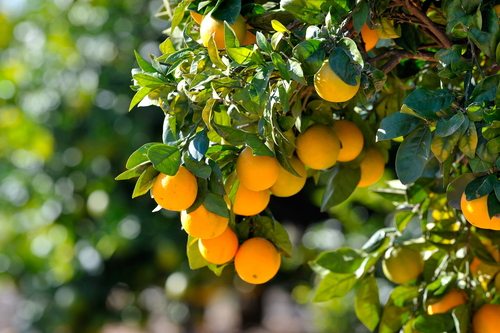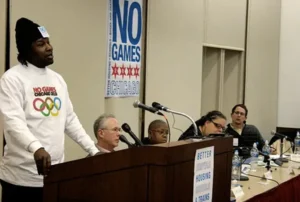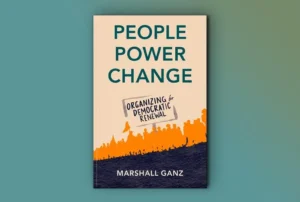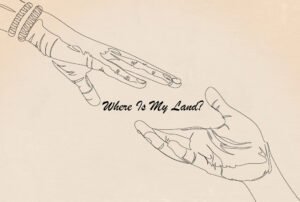
Mircea BEZERGHEANU / Shutterstock.com
August 23, 2012; Source: Daily Transcript
When we read a notice in San Diego’s Daily Transcript about a donated fruit orchard we got interested. Looking a bit further, we found that the Communities Take Root program is a nationwide initiative that will award 20 organizations around the country a fruit orchard this year. It is sponsored by Dreyer’s Fruit Bars in collaboration with the Fruit Tree Planting Foundation and is a bit of corporate philanthropy that is well worth noting.
Who wants a fruit orchard? We thought the self-descriptions of the organizations receiving the awards were interesting enough to share them with you. Here is a sampling, in their own words:
From Clairfield, Tenn.: The Woodland Community Land Trust was formed in 1977 by residents of Roses Creek in the Appalachian Mountains of East Tennessee to acquire a land base that allows diversified housing options, income production opportunities, social and educational services with collective responsibilities and for a cohesive community development effort. Woodland is a citizen’s response to corporate land ownership and industrial investment that for 150 years the land in our community has been held hostage by outside interests for resource extraction, speculation, and profit leaving a vast legacy of environmental devastation and human disempowerment. When the companies were gone it left communities abandoned and surrounded by economic decline and deregulation. The overall results can still be seen in the dismal statistics of poverty, civic capacity, pitiable education and government programs that have little effect. Woodland currently owns 450 acres of land with 21 economically disadvantaged families living on the trust, who are proud people who work hard to support their families, live off the land, share common grounds for gardening needs for their families and with the elderly and believe in helping their neighbor. What better way to show that hope and belief in our future then leaving a legacy of an orchard for future generations.
Sign up for our free newsletters
Subscribe to NPQ's newsletters to have our top stories delivered directly to your inbox.
By signing up, you agree to our privacy policy and terms of use, and to receive messages from NPQ and our partners.
From Bridger, S.D.: The Bridger Community Garden is located in the rural community of Bridger, SD. Our closest store is 32 miles one way away from our home and the cost of food is high, especially fresh fruit and vegetables. We are working toward self-empowerment, self-sustainability and increase in our own self-worth. Our motto is: Who defines your destiny, do not wait for the Federal, State or Tribal governments to come and give us what they feel we need to live, lets create our own destiny by stepping out and creating a path that will enable us to become self- sufficient. We presently have a co-operative chicken coop, that provides fresh eggs, a community garden to provide fresh vegetables and that is why we are applying for this program, to provide fresh fruit for our community and for our future. Ziebach County is presently listed as the poorest county in the United States, we will not let that define us, and we will continue to seek ways to enrich our lives through sustainable garden.
From San Francisco, Calif.: Laguna Honda Hospital and Rehabilitation Center is the country’s most modern skilled nursing facility. A branch of the San Francisco Department of Public Health, we provide acute care, skilled nursing and rehabilitation services to a safety net population of 765 seniors and adults with disabilities. An important part of our model of care is to encourage interaction with nature. Our 62-acre campus includes a therapeutic farm and garden with domesticated animals and raised planting beds accessible to people who use wheelchairs. In our view, the healing effects of nature are the most powerful healthcare intervention available. Our horticulture program allows the residents in our therapeutic community to tend gardens and harvest produce. Our long-term goal is to use homegrown organic food in our kitchens. We believe that our emphasis on the natural environment breaks new ground in nursing care. At Laguna Honda, the Communities Take Root initiative will serve a unique population and help change the definition of health care for seniors and people with disabilities.
From Milwaukee, Wisc.: The Fondy Food Center is a Milwaukee, Wisconsin-based nonprofit organization with two primary programs. The Fondy Farm Project is an 80-acre farm located 30 miles north of Milwaukee (Port Washington, Wis.) It offers small-scale, limited resource, predominantly immigrant farmers affordable, long-term farmland leases. Along with agricultural and administrative support, Fondy Farm provides the amenities farmers need to succeed – business planning, land stewardship guidance, integrative pest management, irrigation, high tunnels, tractors, greenhouses, and labor saving equipment. Farmers from the Fondy Farm sell their produce at the Fondy Farmers Market, a 48,000-sq. foot, open-air market in Milwaukee’s inner city serving 2,500 customers per week. The market serves an area of Milwaukee with high poverty rates and a severe lack of fresh, affordable produce and fresh fruit. As a result, diet-related diseases such as diabetes, heart disease and obesity disproportionately affect many residents. An orchard will allow Fondy farmers to supply and sell locally grown fruits – a commodity in high demand and short supply in Milwaukee’s inner city – at the Fondy Farmers Market. The orchard will also be used to train and educate Fondy farmers in organic tree fruit production methods.
If I was just to read these descriptions this week, it would renew my faith in this sector to act as a model for the future of our country. Now this is social entrepreneurship! We’d love to hear your reactions. –Ruth McCambridge












